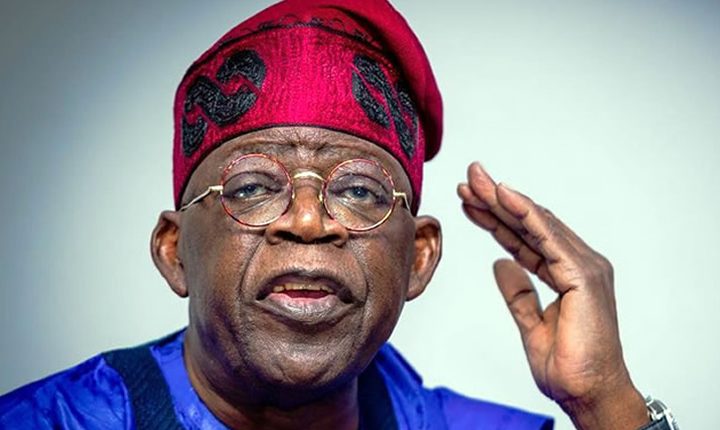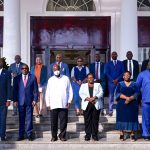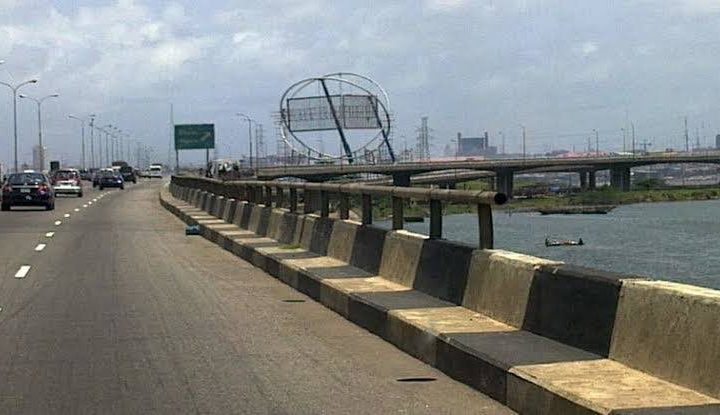Following reactions over the speeding passage of the N2.17 trillion 2023 Supplementary Appropriation Bill by the Nigeria’s National Assembly, the lawmakers have come out to defend their action, citing urgency and national interest.
The two chambers of Nigeria’s National Assembly on Thursday, passed the 2023 Supplementary Appropriation Bill in just 48 hours.
Join our WhatsApp ChannelSenator Ali Ndume, Chief Whip of the Senate and Vice Chairman of the Senate Committee on Appropriation, explained in an interview with journalists in Abuja the rationale behind the swift passage.
He emphasized that the National Assembly believed that the supplementary budget was essential to mitigate the impact of fuel subsidy removal, pay increased workers’ salaries, and support initiatives like the students’ loan scheme.
READ ALSO: Senate Speedily Passes N2.176trn Supplementary Budget, Cites Dry Season As Reason
Ndume stated: “The increase in the prices of fuel, costs of essential services, and food items have gone up in the country following the withdrawal of fuel subsidy. Workers embarked on strike many times as a result of this, and there were negotiations between the organized labor and the federal government. At the end of the negotiations, the labor and the federal government agreed that workers would be paid N35,000 in addition to their minimum wage.”
The supplementary budget also includes provisions for various sectors. It allocates N10 billion for student loans, an increase from the initial N5 billion, with the additional funds redirected from a controversial N5 billion presidential yacht provision that was later removed. The budget also earmarks N8 billion for the establishment of new ministries created under President Bola Tinubu’s administration.
Other allocations include N5.5 billion for palliative grain purchases to support dry season farming, N18 billion for off-cycle elections in Bayelsa, Imo, and Kogi states, N20 billion for the Nigeria Police Force to oversee the elections, and funds to pay duty allowances to soldiers engaged in various states.
The budget addresses housing issues with N100 billion, focusing on reducing housing deficits in urban areas.
Additionally, N300 billion is allocated to the Federal Ministry of Works to improve existing roads. Each geopolitical zone in the country is set to receive N8 billion for road maintenance, and the State House is granted N28 billion for aircraft maintenance and service abroad.
Senator Ndume explained that the National Assembly carefully considered these allocations and their implications.
“We asked questions as members of the nation’s parliament, and we were satisfied with the answers provided by the executive arm of government,” Ndume stated. The decisions, he argued, were made in the best interest of the country, taking into account the pressing needs and challenges.
Emmanuel Ochayi is a journalist. He is a graduate of the University of Lagos, School of first choice and the nations pride. Emmanuel is keen on exploring writing angles in different areas, including Business, climate change, politics, Education, and others.

















Follow Us